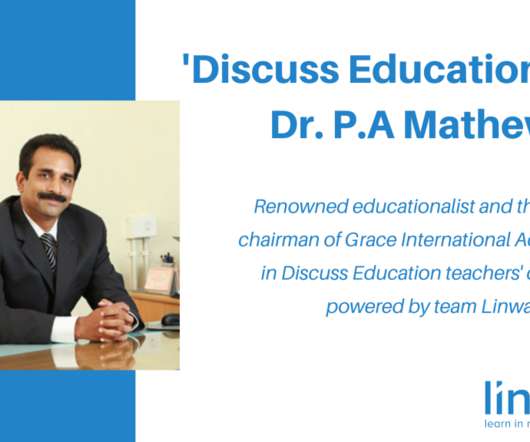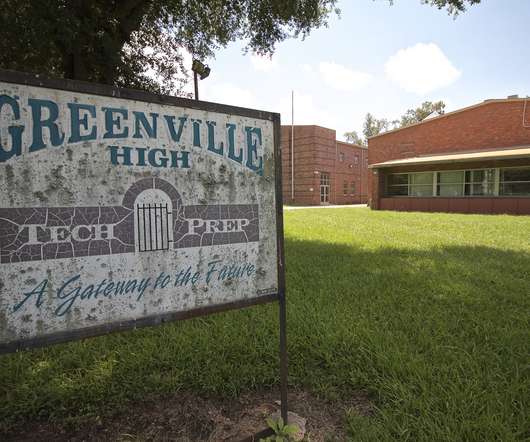Discuss Education with Dr. P.A. Mathew.
Linways Technologies
JANUARY 14, 2021
As a teacher, facing the mobile phone or computer to teach was new. So I think the greatest learning was to adapt to change. There are some impersonals forces in history which no one can escape from, For example today people ask you for the mobile phone number for identity. Facebook : [link] Linkedin : [link].















Let's personalize your content